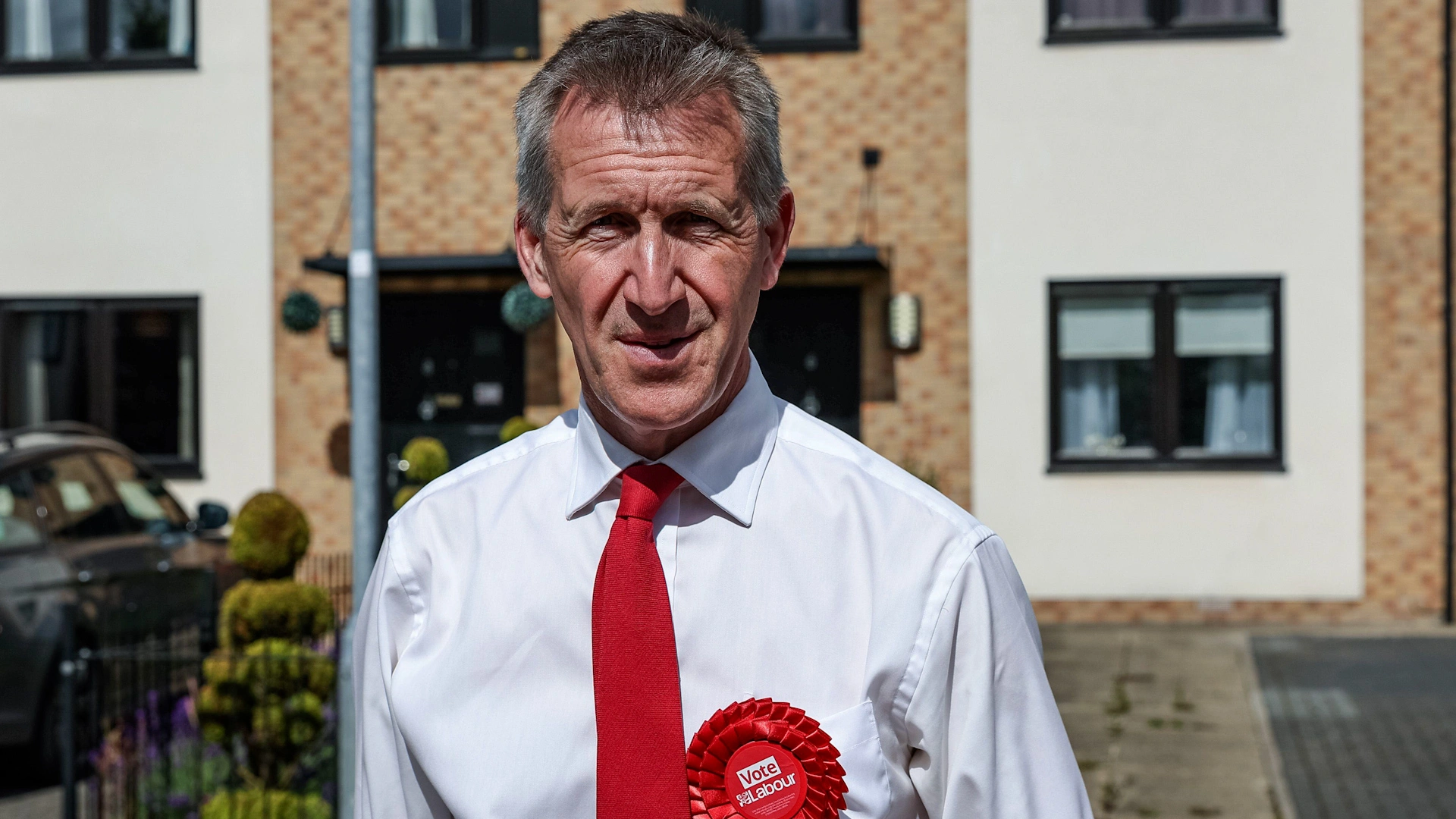BNP Secretary General Mirza Fakhrul Islam Alamgir has called for the extradition of former Prime Minister Sheikh Hasina to Bangladesh, stating that her continued presence in India could harm bilateral relations between the two nations. Speaking from his residence in Dhaka, Alamgir emphasized the importance of renewing Indo-Bangla ties, stressing that India must play a pivotal role in ensuring Hasina’s return to face justice in her home country.
“Sheikh Hasina has to face the law of Bangladesh for all the crimes and corruption committed by her and her regime,” Alamgir stated. “To enable this and respect the sentiments of the people of Bangladesh, India should ensure her return to Bangladesh.” Alamgir’s remarks come amid rising tensions following unprecedented anti-government protests that culminated in Hasina’s resignation on August 5. Hasina’s stay in India for over three weeks has fueled speculation and added strain to an already delicate situation.
BNP’s Commitment to Strengthening Indo-Bangla Relations
Despite the contentious call for Hasina’s extradition, Alamgir stressed that the BNP is committed to fostering strong relations with India. “We want to start a new chapter in India-Bangladesh relations, and ensuring the return of Hasina to Bangladesh will be a new leaf in the bilateral ties,” he said. Alamgir criticized India’s diplomatic approach, noting that New Delhi’s focus on maintaining ties exclusively with the Awami League had alienated the Bangladeshi public.
“India’s diplomacy regarding Bangladesh was not pragmatic. It did not establish a relationship with the people of Bangladesh and other stakeholders but put all its eggs in one basket,” Alamgir explained. “India has to understand the pulse of the people of Bangladesh.”
The BNP leader reaffirmed his party’s willingness to collaborate with India if voted into power, pledging to resolve past misunderstandings and strengthen bilateral ties. “We will engage more with India, as we want a strong relationship,” Alamgir stated. “We have to talk, as that will be pragmatic diplomacy to resolve the issues.”
Review of Bilateral Agreements and the Controversial Electricity Deal
Alamgir also pointed to the need for a critical review of several bilateral treaties and agreements made during the Awami League’s tenure, including the controversial Adani electricity deal. He argued that the deal has placed “tremendous pressure” on the people of Bangladesh, labeling it as a failure of diplomatic judgment.
“If the BNP is voted to power, it will review and re-evaluate the ‘questionable’ Adani electricity deal signed during the Awami League regime,” he said. Alamgir further criticized New Delhi for its lack of outreach to the BNP following the political upheaval in Bangladesh, contrasting this with the engagement shown by China, the US, the UK, and Pakistan.
Safety of Minorities: An Internal Matter
Addressing concerns about the safety of minorities in Bangladesh, Alamgir refuted reports of attacks on Hindus, describing them as politically motivated rather than communal. “The reports that attacks on Hindu minorities are taking place are factually incorrect. There may be some instances, but those are more political in nature and not communal,” he explained.
Alamgir stressed that the issue of minority safety remains an internal matter. “We never complain about what happens to Indian minorities, so no one should comment on the issue of minorities here,” he said, calling for a mutual respect of internal affairs between the two nations.
India’s Response and the Future of Indo-Bangla Diplomacy
India’s response to Alamgir’s comments has been cautious. When questioned during a press briefing, External Affairs Ministry spokesperson Randhir Jaiswal did not provide a clear answer regarding a formal request for Hasina’s extradition, stating, “The former prime minister of Bangladesh came to India at very short notice for safety reasons. We have nothing further to add on that matter.”
The BNP leader expressed hope for a renewed diplomatic dialogue between India and Bangladesh, urging New Delhi to reconsider its stance and engage more comprehensively with all political entities in Bangladesh. “Even after such a major political upheaval in Bangladesh, India has not started any dialogue with us,” Alamgir lamented.
Path Forward for BNP and Indo-Bangla Relations
As Bangladesh stands at a crossroads, Alamgir called for a united front, free from past alliances that do not serve the current political climate. Addressing concerns about the potential resurgence of anti-India elements in Bangladesh, he assured that the BNP would never allow such forces to gain ground. “We can assure India that BNP will never allow any anti-India forces or security threats to gain ground in the country,” he affirmed.
Also Read: Donald Trump Agrees to Debate Kamala Harris with Specific Rules Ahead of Presidential Election
















